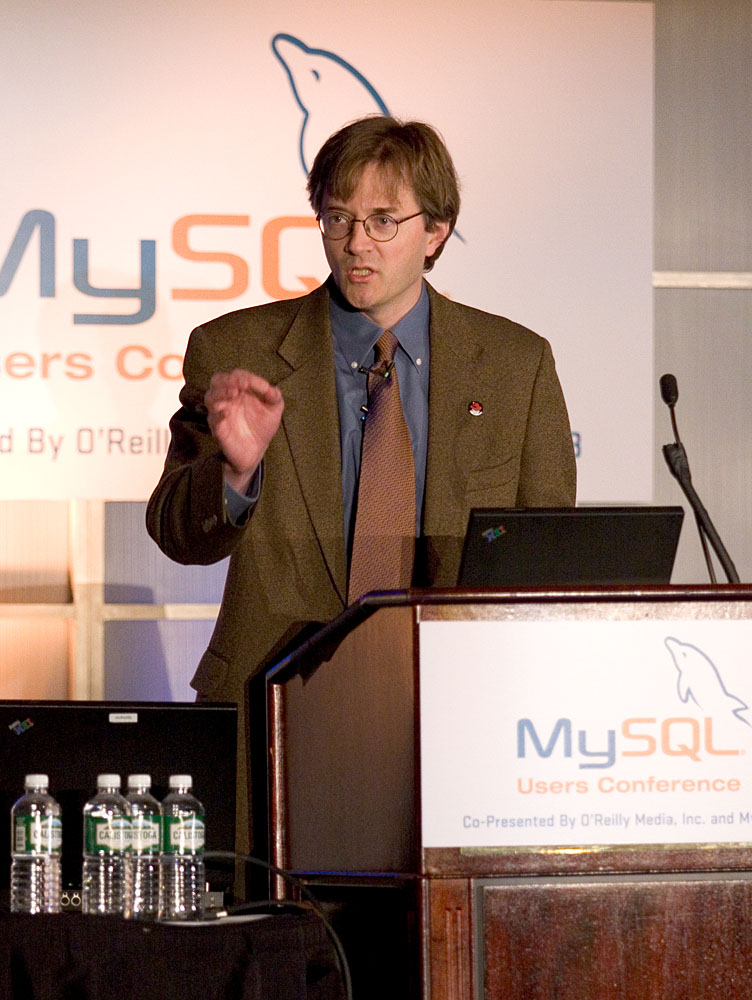[Overall, Red Hat is] very, very pleased with the way Linux has matured this year, ... We see no doom and gloom in our space.

"Michael Tiemann" is Vice President of Open Source Affairs at Red Hat/Red Hat, Inc., and former President of the Open Source Initiative. He previously was the Chief Technical Officer of Red Hat. He has served on a number of boards, including the Linux on embedded systems#Embedded_Linux_Consortium/Embedded Linux Consortium, the GNOME Foundation Advisory Board, and the Board of Directors of ActiveState Tool Corp. He is also co-owner with Amy Tiemann of [http://manifoldrecording.com/ Manifold Recording Studios].
He co-founded Cygnus Solutions in 1989. His programming contributions to free software include authorship of the GNU C++ compiler and work on the GNU Compiler Collection/GNU C compiler and the GNU Debugger. Tiemann is featured in the 2001 documentary Revolution OS.
He earned a bachelor's degree from the Moore School of Electrical Engineering in 1986 at the University of Pennsylvania.
More Michael Tiemann on Wikipedia.To build an architecture of trust, it is better to be open than to seem open and better to be trustworthy than to seem trustworthy.
This represents our entrance into the Internet appliance or 'post-PC device' market. These tools will help developers create applications for things like point-of-sale terminals, digital jukeboxes, and even car stereos.
His conclusion is contrary to virtually everything I've seen in my 17 year history of commercial free/open source solutions. I believe that the effect of open source on the proprietary vendors is a force 1,000 times more powerful than the force of proprietary principles on the open source community.
The stakes are very high in how we construct the future of the Internet, ... Do we want a winner-takes-all scenario for whichever company ultimately creates that particular piece of intellectual property that maximizes interoperability (across systems) or do we want to create a commons?
But looking for the effect of proprietary software on the open source community is like trying to measure the gravitational effect of the earth on the orbit of the Sun.
Overall, I am encouraged by what I am seeing.
Any line of code I write could in fact trip across a patent I never even knew existed, and that's a problem for innovation, and it's a problem for open source.
Copyright © 2024 Electric Goat Media. All Rights Reserved.